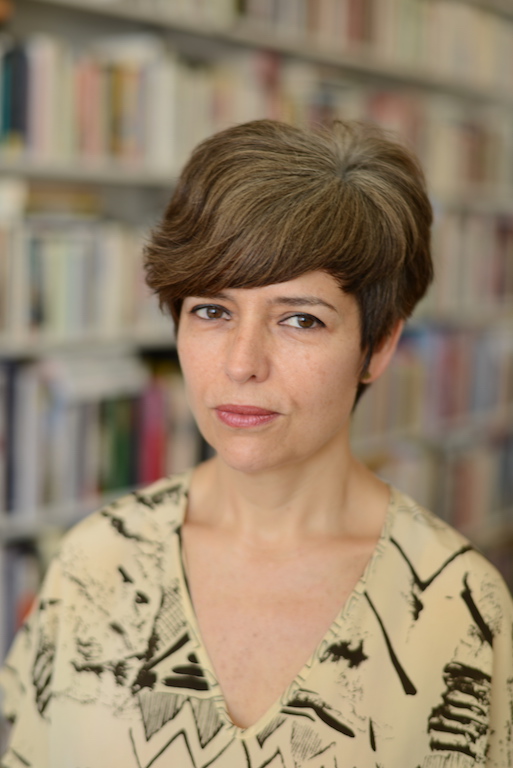nunca sé por dónde empezar, así que decido hacerlo al comerme una fresaincontable la cantidad de semillascan you say I’m of two minds?yo diría que tengo ideas encontradaslo cual abre dos posibilidades: que se encuentren como amigascada una con su punto de vistahace tanto que no se veno que estén a punto de agarrarsegetting at each other’s throatspensé que era un mexicanismo, pero noyou’re getting territoriallo cual a ti nunca te preocupawhat are you talking about?si lo que dices o no es un regionalismote tiene sin cuidado, no te definesince I’m, just passing through, you meanpero te fuiste quedandoI went on stayingwho’s I anywayquién hablaay, interjección para expresar muchos y muy diversos moviemientos del ánimo,y más ordinariamente aflicción o doloray, prounounced I, interjection used to express a range of mood shifts,and more commonly affliction and pain*I never know where to begin so I pick up a strawberrywith its countless seeds¿cómo dices tengo ideas encontradas?I am of two mindscomo si en tu cerebro se alojaran dos mentesor your skull had a siamese twinlo cual te haría excepcionalbut it’s a set phrase, the language figurativeor formulaicits referent, a common afflictionme hiciste pensar en réferiswho plays arbiter is up for grabsvolvemos a los agarronesdon’t get ahead of yourselfvolvemos a las cabezasahead not a head¿por qué no dices la verdad?te pierdes en tus juegos de palabrasyou interrupted meup for grabs, to be for the taking,o sea disponible, you misinterpretto get your point acrossI, prounciado ay, primera persona singular en inglésI, prounounced ay, first person singularit follows that algo, an indeterminate something, from the Latin,is unrelated to algos, pain in Greek,de ahí se desprende que algos, del griego,poco tiene que ver con algo, del latínThe rest there’s no need to spell out.
Unlike nostos, algo is unspecified.
Feature Date
- August 22, 2019
Series
Selected By
Share This Poem
Print This Poem
Copyright © 2019 by Mónica de la Torre
All rights reserved.
Reproduced by Poetry Daily with permission.

Bruce Pearson
Mónica de la Torre works with and between languages. Her latest book, The Happy End/All Welcome, was published by Ugly Duckling Presse, which alsoput out her translation of Defense of the Idol by Chilean modernist Omar Cáceres in 2018. Born and raised in Mexico City, she is a contributing editor to BOMB Magazine. Recent writing appears in Artforum, A Public Space, and The Literary Review. A new book of poems and translations, Repetition Nineteen, is forthcoming from Nightboat in 2020. She has taught at Columbia and Brown University and currently teaches poetry at Brooklyn College.

Vol. 62, Issue 01
Madison, New Jersey
Fairleigh Dickinson University
Editor
Minna Zallman Proctor
Poetry Editors
Michael Morse
Craig Morgan Teicher
The Literary Review (TLR) publishes the best new fiction, poetry, and prose from a broad community of international writers and translators, both emerging and established, whose commonality is literary quality and urgency of voice and artistic conviction. It is this genuine community of readers, writers, and publishers that distinguishes us. Our editorial standard is to read with an open, discerning mind, and to publish carefully and vigorously. We connect our writers to readers.
Poetry Daily Depends on You
With your support, we make reading the best contemporary poetry a treasured daily experience. Consider a contribution today.



